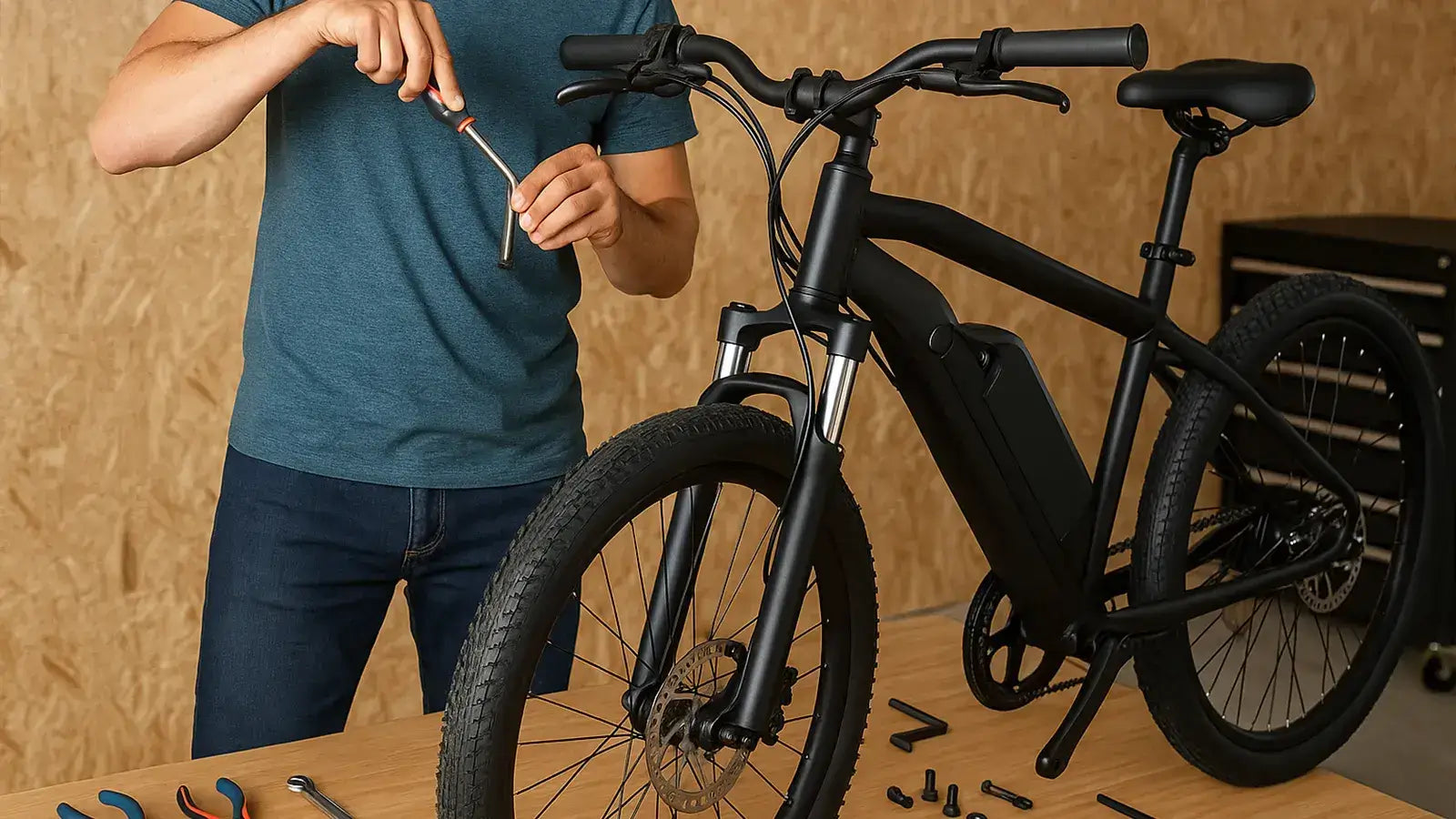
Bike Assembly Near Me: Find Affordable Local Services
A Smart Investment
That new bike sitting in a box means freedom and fun. But first, it gives you a challenge: putting it together. The excitement of your online purchase can turn into confusion fast. You're looking at a pile of parts, a bag of bolts, and instructions that don't make much sense.
This guide shows you the clear path forward. We will help you find the best bike assembly near you by looking at your main choices. You can take it to a local bike shop, hire a mobile bike mechanic who comes to your home, find someone on a gig platform, or do it yourself. We'll break down each choice based on cost, how easy it is, and the quality you can expect.
Choosing professional bike assembly is more than just convenient. It's a smart investment in your safety and how well your bike works. A bike that's put together wrong isn't just annoying to ride—it's dangerous. Here's why letting an expert handle the build makes sense.
Safety comes first. A professional mechanic makes sure every part is installed right. This matters a lot for your brakes, which need to be set up and adjusted properly so they stop you when you need them to. They will also use a torque wrench to tighten every bolt to the exact setting the manufacturer wants. This stops parts from coming loose or getting damaged from being too tight. As the League of American Bicyclists says, doing basic safety checks is key, and a professional build makes sure your bike passes this check from your very first ride.
A bike is a machine that needs fine tuning. Professional assembly includes adjustments that make a huge difference in how your bike rides. This includes setting up the gears so they shift smoothly and making small adjustments to your wheels so they spin perfectly straight. These adjustments need special knowledge and tools that most people don't have at home.
Correct assembly stops expensive parts from wearing out too fast. A gear system that's not lined up right can damage your chain, and parts that aren't installed properly can hurt the frame itself over time. Paying for a quality build now can save you from expensive repairs later.
Comparing Your Assembly Options
Your choice depends on your budget, how fast you need it done, and how comfortable you are with bike mechanics. Each option has clear good points and bad points. To make your decision easier, we've compared the four main ways to get your bike ready to ride.
| Option | Best For | Average Cost | Pros | Cons |
|---|---|---|---|---|
| Local Bike Shop (LBS) | Riders seeking the highest level of expertise and a long-term service relationship. | $75 - $150 | Unmatched experience, professional-grade tools, can handle any issue, builds a relationship for future service. | Requires you to transport the bike box, may have a longer turnaround time during peak season. |
| Mobile Bike Mechanic | Busy individuals, families, or anyone who values the convenience of at-home service. | $90 - $200 | Extremely convenient (they come to you), personalized one-on-one service, no need to transport a bulky box. | Typically more expensive, service area may be limited, requires a suitable workspace at your home. |
| Gig & Handyman Platforms | Budget-conscious users with standard, non-specialized bikes who are willing to vet providers. | $50 - $120 | Often the most affordable option, highly flexible scheduling, easy to book online. | Skill level can vary widely, requires careful review of assembler profiles, less accountability if issues arise. |
| Do-It-Yourself (DIY) | Mechanically inclined individuals who own the right tools and enjoy a hands-on project. | $0 (plus tool costs) | The most affordable path, provides a deep understanding of your bike, immense satisfaction. | Time-consuming (2-4 hours for a first-timer), high risk of costly or dangerous errors, requires investment in specific tools. |
First-Hand Experience Tip: When taking your bike to a local shop, we recommend calling ahead to ask about their current service queue. A quick phone call can save you a wasted trip, as their service bays get very busy, especially on spring weekends. For mobile mechanics, our experience shows that having a clear, well-lit space ready for them to work—like a garage or patio—makes the entire process faster and more efficient for everyone.
Understanding the Cost
The price for bike assembly can change a lot based on what type of bike you have and which service you choose. Understanding what affects the cost will help you plan your budget and spot fair pricing.
A standard assembly service should always include building the whole bike from the box, a complete safety check, and a basic tune-up of the brakes and gears. For a standard bicycle without complex electronics or special systems, you can expect to pay between $75 and $150. Most local bike shops charge within this range. Mobile mechanics may cost a bit more because they come to you, while people on gig platforms may charge a bit less.
Electric bikes, full-suspension mountain bikes, racing bikes, and cargo bikes need more time and skill to put together. The cost for these usually ranges from $150 to $250 or more. The higher price reflects the need to connect electronics, route cables inside the frame, and handle heavier, more complex frames.
Be aware of potential extra costs. If the bike was damaged during shipping (like a bent part), fixing it will cost extra. The same goes for installing accessories that weren't part of the original bike, such as racks, fenders, or a new computer. Always ask upfront if the quoted price includes everything.
For real-world context, a look at community forums shows that cyclists often share their experiences with assembly costs, with prices for a professional build of a standard bike at a local shop commonly falling in the $100-$150 range. This confirms that paying for expertise is a standard and valued part of the modern bike-buying process.
The DIY Assembly Checklist
Putting the bike together yourself can feel rewarding, but it's not right for everyone. Before you open your toolbox, honestly think about whether you're ready for this job. Answering these five questions will help you decide if DIY is the right path for you.
Do you have the right tools? A bike build needs more than the small tool that sometimes comes in the box. At the very least, you will need a set of Allen keys, a pedal wrench, bike grease, cable cutters, and a tire pump. For a truly safe build, a torque wrench is essential to tighten bolts to exact specifications.
Do you have the time and patience? Be realistic about this. A first-time build can easily take two to four hours, and that's if everything goes smoothly. It can be a frustrating process of trying things over and over. If you're short on time or patience, professional assembly is a better choice.
Are you comfortable with important adjustments? The most important parts of the build are setting the brake pads and adjusting the gears. If you're not confident in your ability to make these fine adjustments that directly affect safety and performance, you should leave it to a pro.
Where will you find instructions? The manual that comes with the bike is often too general. Your best resource will be the bike manufacturer's website for assembly videos or expert resources like Park Tool, which offers comprehensive repair guides for nearly every step of the process.
What's your backup plan? Even experienced home mechanics get stuck sometimes. Before you start, find a local bike shop you can call or visit if you run into a problem you can't solve. Knowing you have a backup option gives you peace of mind.
First-Hand Experience Tip: A classic beginner mistake is cross-threading a pedal into the crank arm, which can ruin the part. Always remember: the left-side pedal is reverse-threaded. Turn it counter-clockwise ("lefty-tighty") to install it. Put grease on the threads of both pedals before you begin.
How to Find a Pro
Once you've decided to get professional help, the next step is finding a reliable bike assembler near me. Following a clear process will help you find and check the best options near you.
Step 1: Where to Search
Google Maps: Start with simple searches like "bike shop near me" or "bicycle repair." This is the fastest way to find local bike shops and some mobile mechanics. Mobile Service Websites: Check dedicated mobile mechanic networks like Velofix, which have service providers in many major cities. Manufacturer Websites: If you bought a bike from a brand like Priority or Dirwin, check their website for a list of "authorized dealers" or partner shops that know their products well.
Step 2: What to Ask Before Booking
Call a few of your top choices and ask these key questions. Their answers will tell you a lot about their service and how professional they are.
What is your estimated price for assembling my specific type of bike (like road bike or e-bike)? Does that price include a full safety check and a basic tune-up? What is your typical turnaround time? Do you have experience with my specific bike brand or e-bike system (like Shimano or Bosch)? Are your mechanics certified?
Asking if a shop has certified ebicycle mechanics can be a strong sign of their commitment to quality and ongoing training. Step 3: Check for Signs of Skill
Read Online Reviews: Look at Google and Yelp reviews, paying close attention to comments about service quality, communication, and repair work, not just sales. Check How Professional They Are: A well-kept website, clear communication over the phone, and willingness to answer your questions are all great signs that you're dealing with a good business that cares about its customers.
Skip the hassle and get riding sooner with an easy-to-assemble Leoguar eBike. Most key parts come pre-installed, the instructions are clear, and only minimal tools are needed—so you can go from box to road in no time. Find your easy-to-assemble Leoguar eBike and start your journey without the wait.

Frequently Asked Questions
1. How long does professional bike assembly take?
Most bike shops can assemble a standard bike within 24-48 hours, though this can extend to a week during busy seasons like spring. Mobile mechanics often offer same-day or next-day service. E-bikes and specialty bikes may take longer due to their complexity.
2. Can I partially assemble my bike and have a pro finish it?
Yes, many bike shops offer partial assembly services. However, they may still charge close to the full assembly price since they need to check all your work for safety. It's often more cost-effective to let them handle the entire build from the start.
3. What should I do if my bike arrives damaged in the box?
Don't attempt assembly if you notice damaged parts. Take photos of the damage and contact the retailer immediately. Most reputable bike shops can help you identify damage and work with the retailer on warranty claims or replacement parts.
4. Is it worth paying extra for mobile bike assembly?
Mobile assembly is worth the extra cost if you value convenience, have a busy schedule, or lack transportation for a bike box. The premium typically ranges from $20-50 more than shop assembly, but you save time and effort while getting personalized service.
5. How do I know if my DIY assembly is safe to ride?
Before your first ride, check that brakes engage properly, wheels spin straight without wobbling, all bolts are tight, and gears shift smoothly. If you're unsure about any aspect, take your bike to a local shop for a safety inspection - most shops offer this service for $20-40.




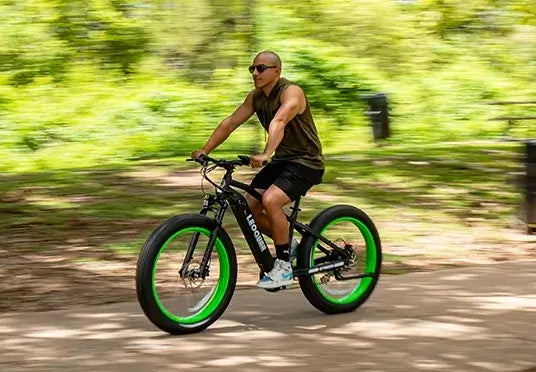
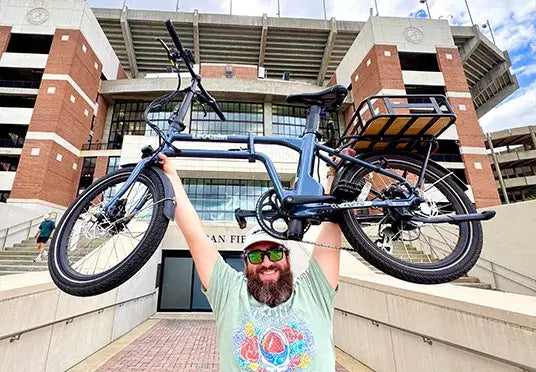
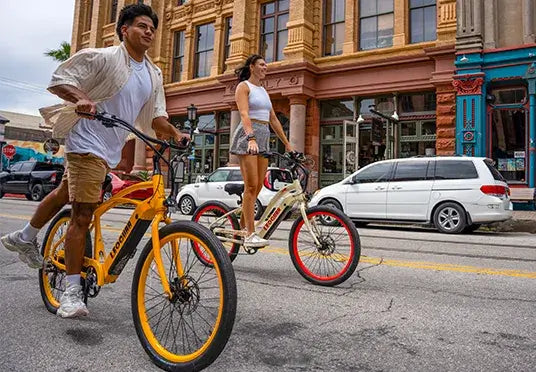
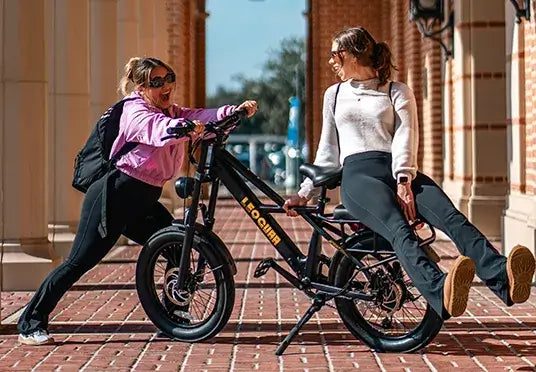
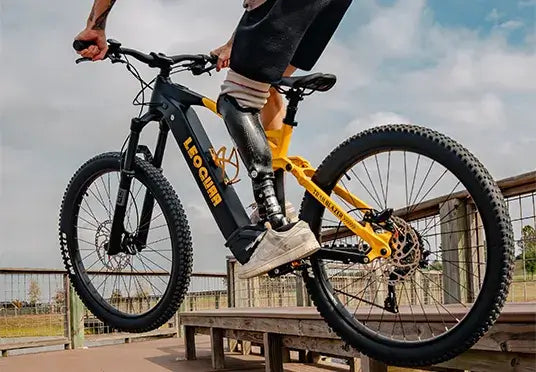
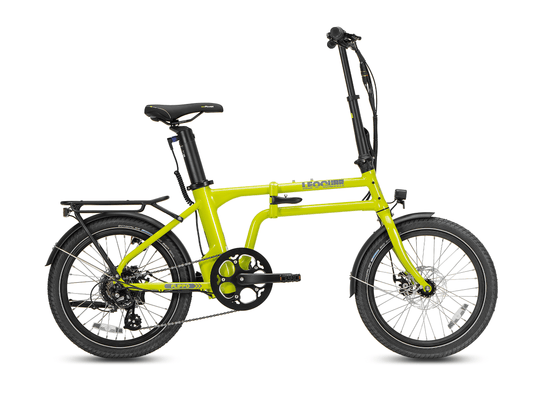
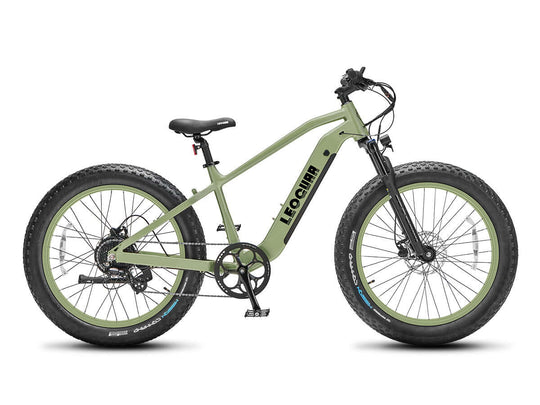
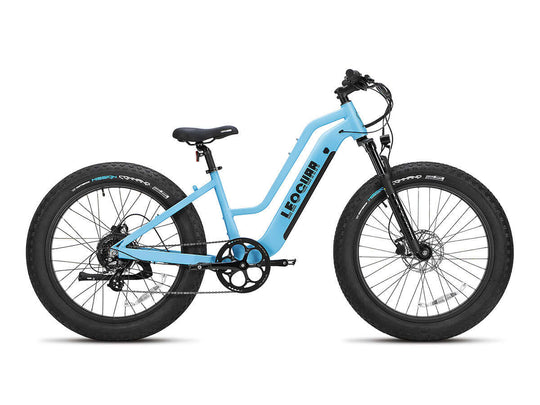
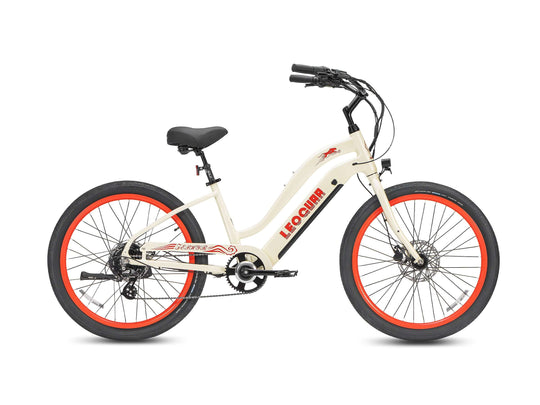
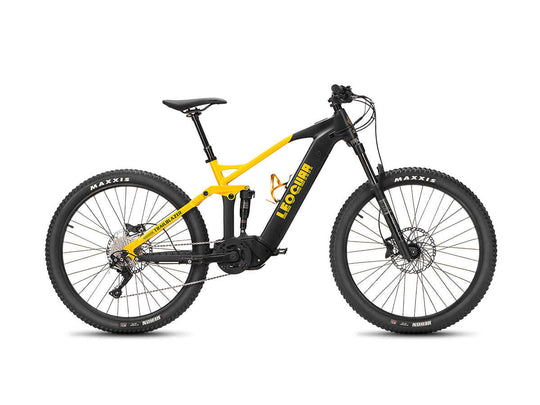
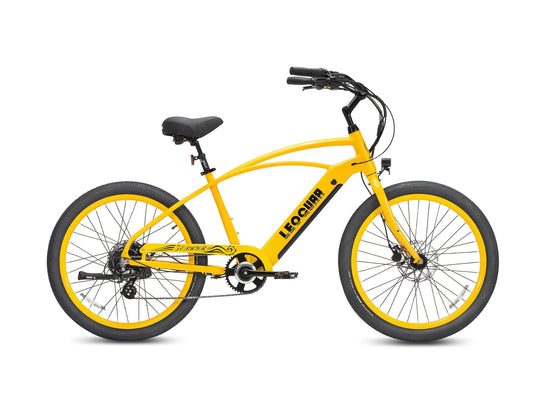
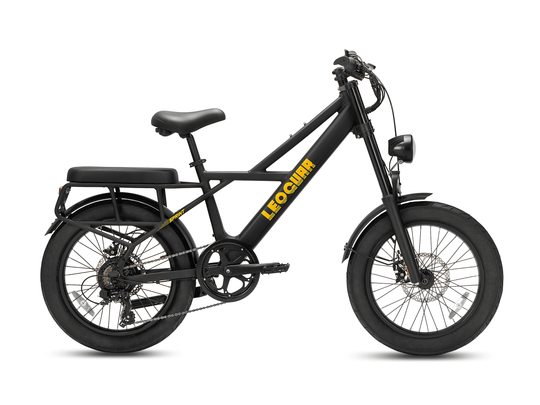

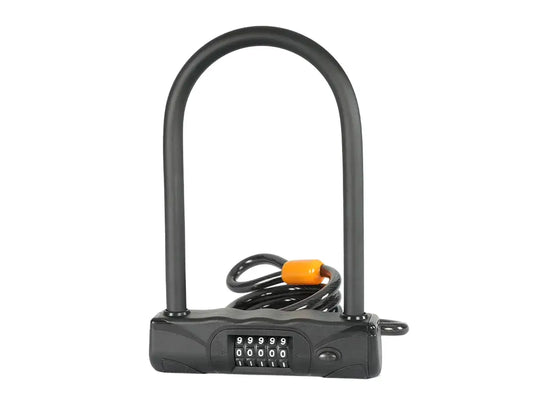

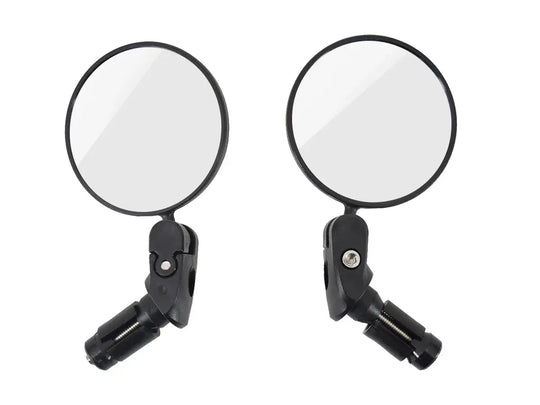

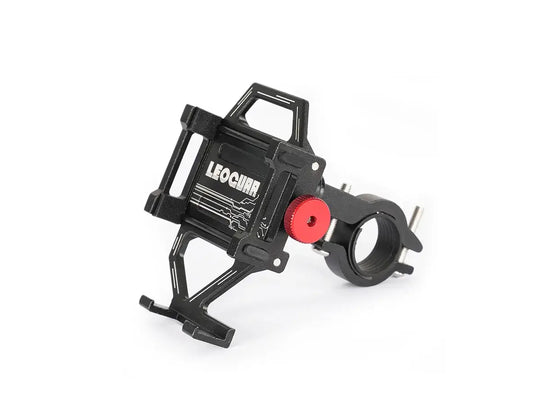
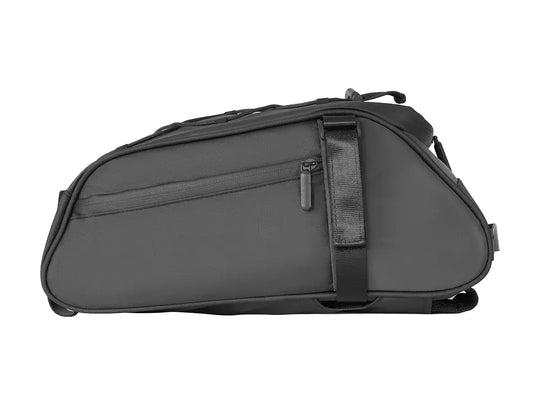
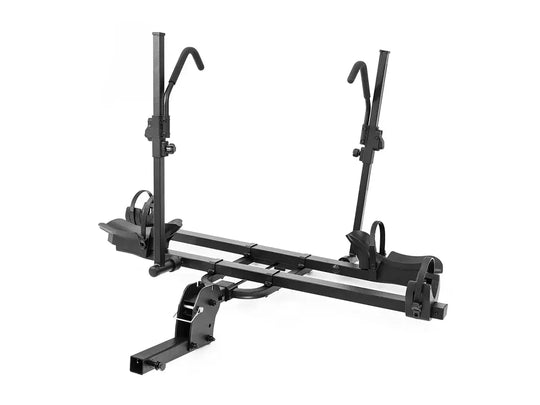
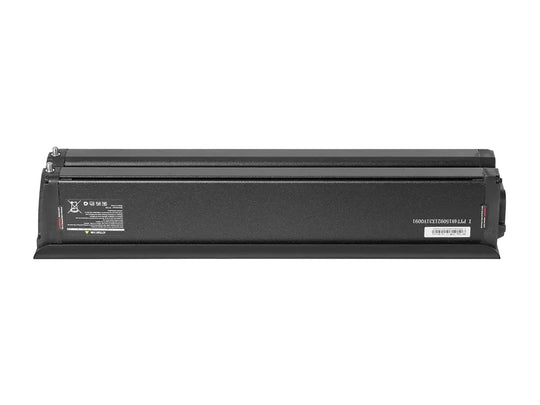
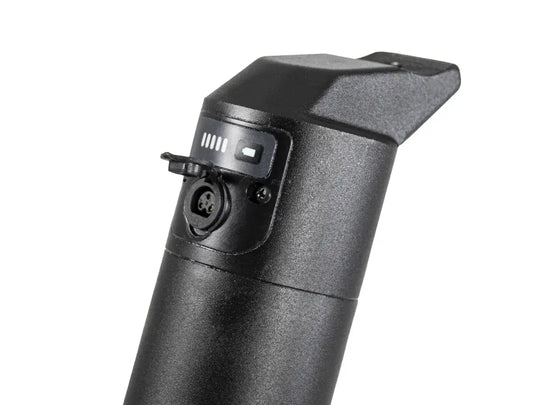
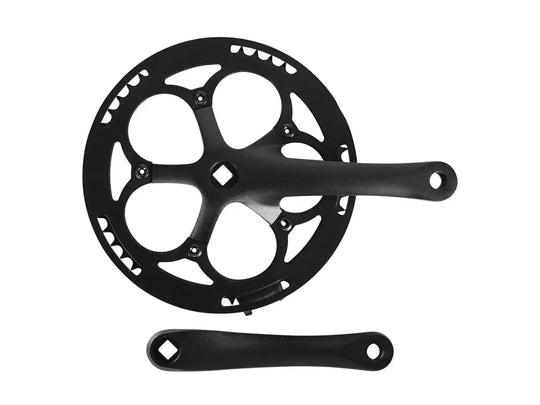
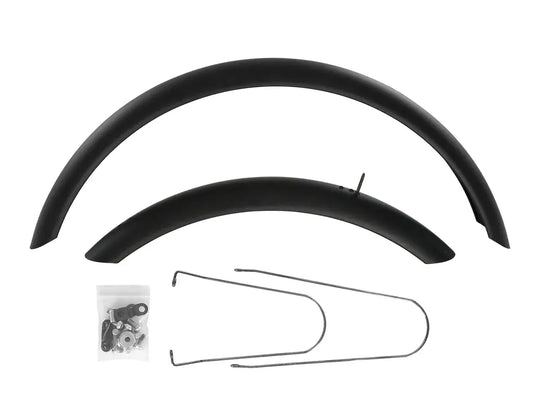
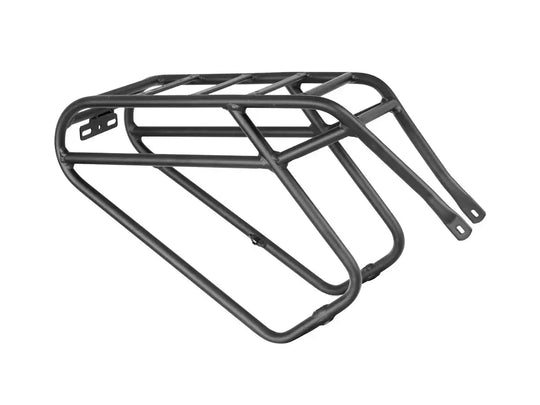
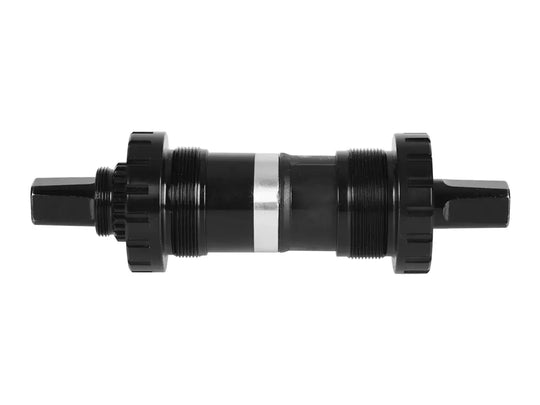
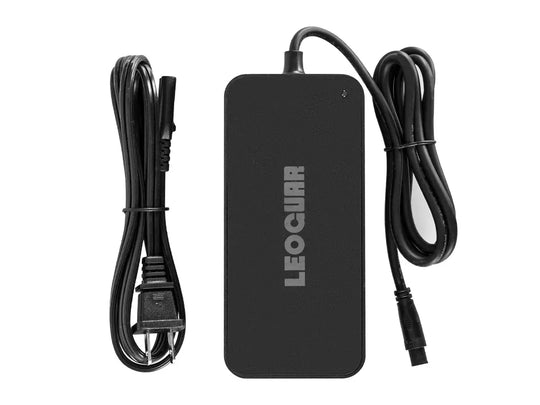
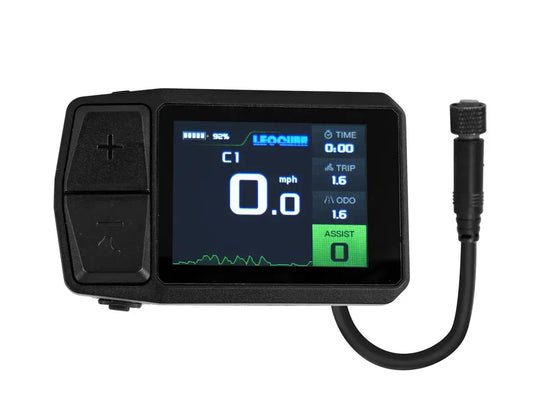
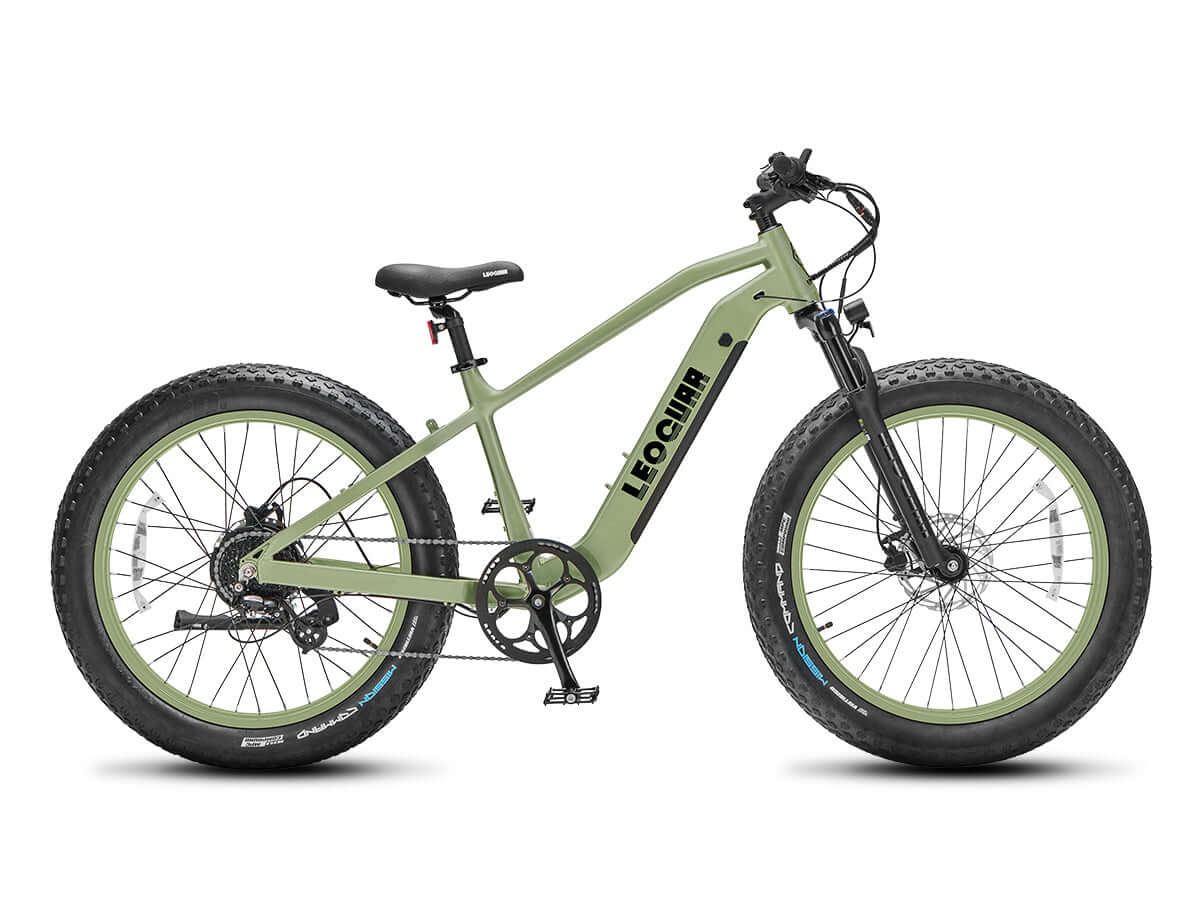







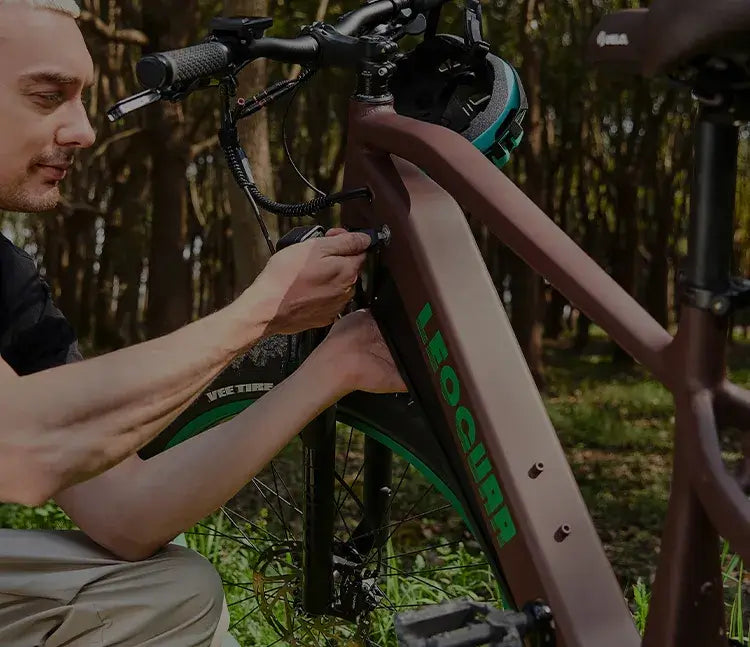
Leave a comment